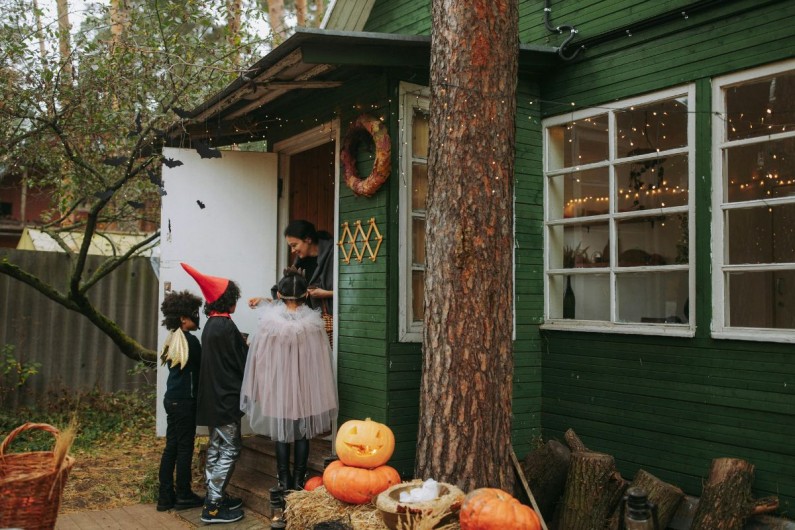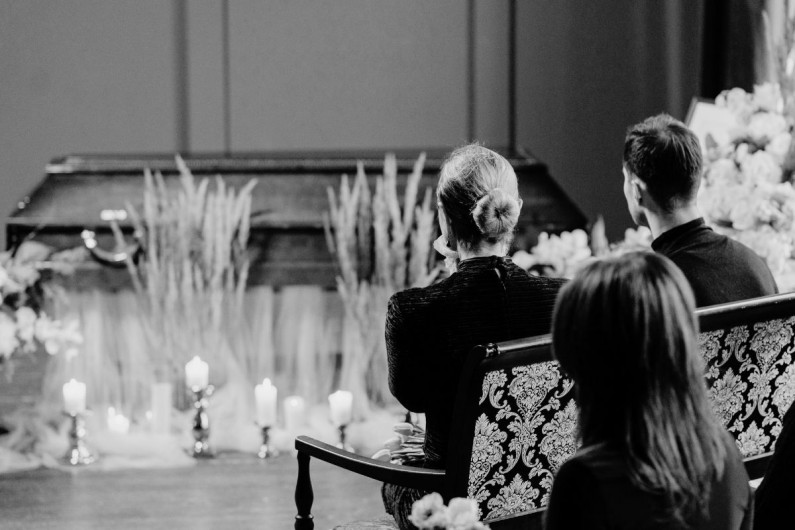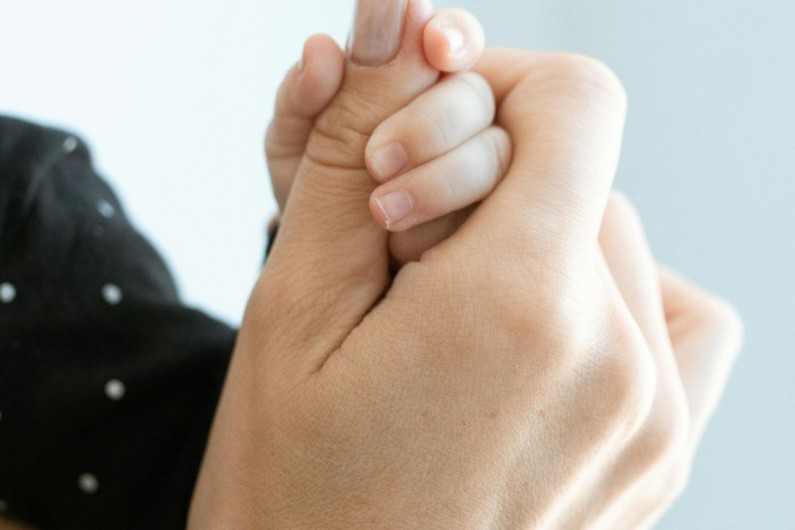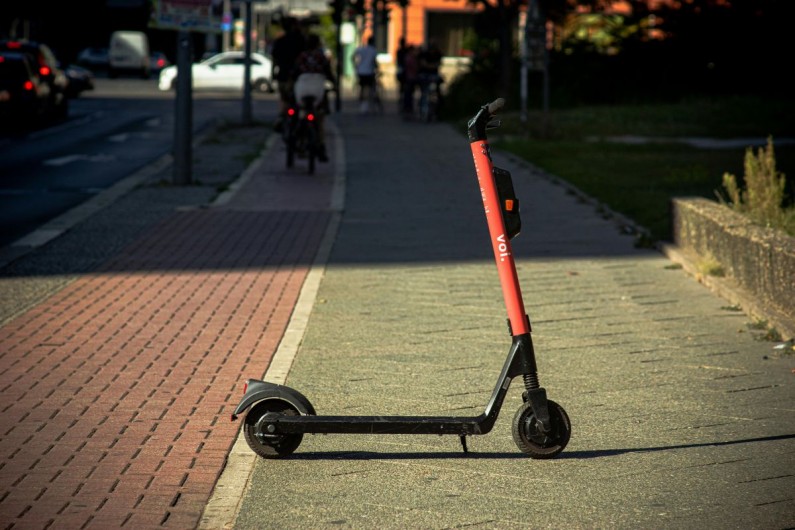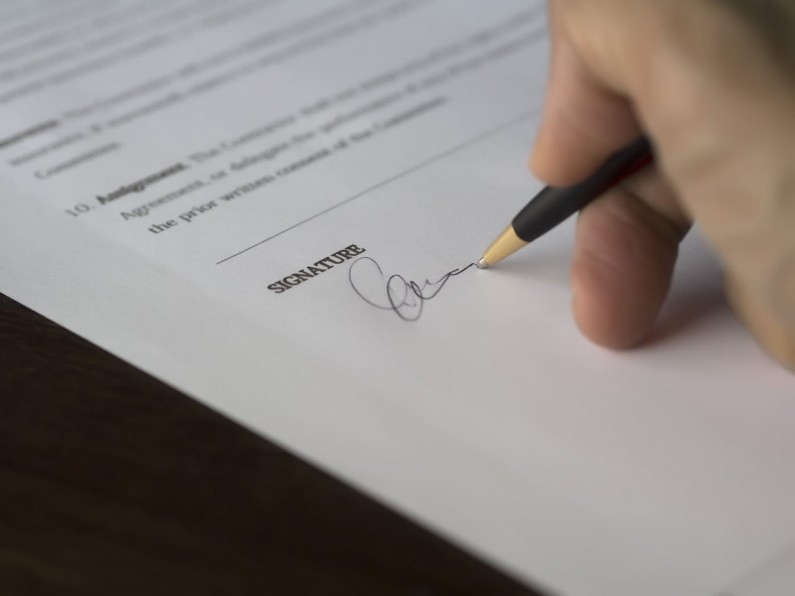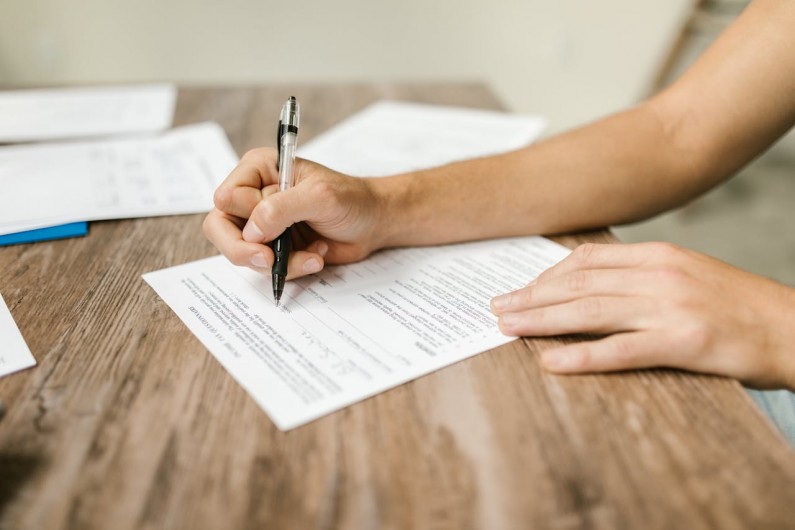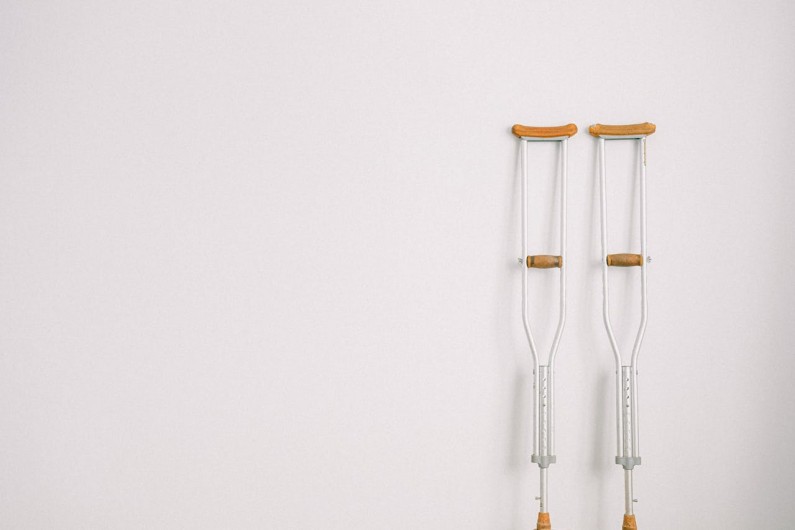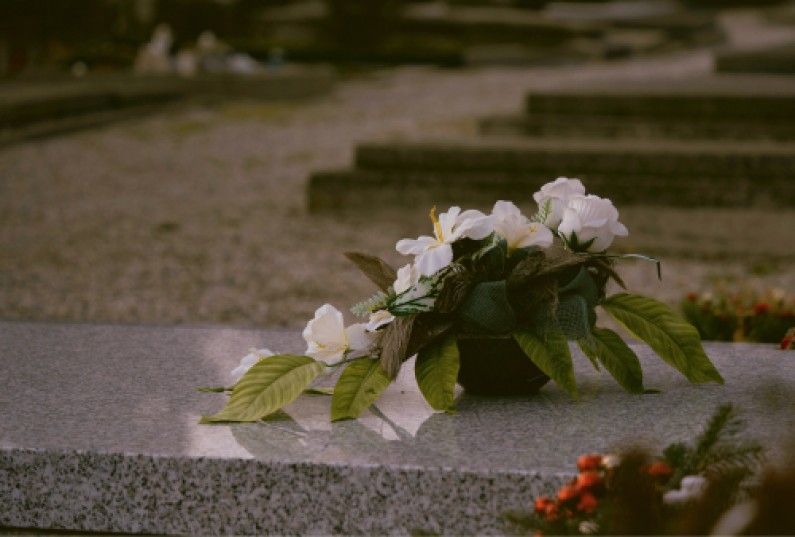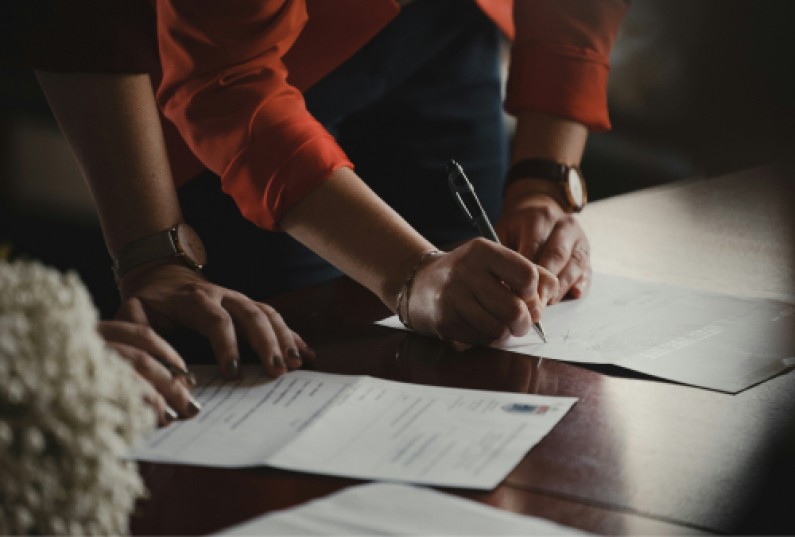News
Personal Injury
The contents of these posts are for general information only, and should not be construed as legal advice.
Understanding Occupier’s Liability: Halloween Hazards and your responsibility as a homeowner
With Halloween decorations lighting up neighbourhoods and trick-or-treaters roaming the streets, it’s a fun time of year – but it can also come with unexpected risks. From tangled extension cords and unlit steps to icy sidewalks and overexcited pets, accidents can happen quickly. When they do, Alberta’s Occupiers’ Liability Act helps determine who may be responsible.Understanding Wrongful Death Claims in Alberta
Losing a loved one is one of the most difficult experiences a family can endure. When that loss is caused by negligence, whether through medical malpractice, a motor vehicle accident, or another preventable incident, the grief is often compounded by questions of justice and accountability.Protecting Children’s Settlement Funds: What Parents Should Know About Alberta’s Minors’ Property Act
When a child is injured and receives a settlement through a personal injury claim, protecting that money becomes a top priority. In Alberta, the Minors’ Property Act provides a legal framework to ensure that settlement funds awarded to minors are managed responsibly and used for their benefit.E-Scooter Injuries and Children: What Parents in Alberta Need to Know
With the growing popularity of e-scooters in cities across Alberta, it is no surprise that more children and teens are riding them for fun and convenience. However, the rise in e-scooter use has also led to a sharp increase in injuries—many of them serious.When Injuries Happen on Someone Else’s Property: What Parents Should Know About Occupiers’ Liability
Playgrounds, festivals, day camps, and other summer activities often bring families to both public and private spaces across Alberta. While these outings are meant to be enjoyable, accidents can occur. When they do, it is important for parents to understand their legal rights.Why Signing a Waiver Doesn’t Always Waive a Child’s Right to Sue
For many parents, signing a waiver is a standard part of registering their child for summer camps, sports programs, or recreational activities.5 Common Challenges in Personal Injury Cases – And How to Overcome Them
Pursuing a personal injury claim is not always smooth sailing. From strict deadlines to tough negotiations - obstacles can arise that may impact your ability to secure fair compensation.
How Personal Injury Lawyers Evaluate the Value of a Claim
If you’ve been injured due to someone else’s negligence, one of the biggest questions on your mind is likely: How much is my claim worth?Five Things You Need to Know About Wrongful Death Claims
Have you lost a loved one due to negligent medical care or a motor vehicle accident? In this post, we explain five important things you need to know about wrongful death claims in Alberta.What is Decision-Making Capacity?
Decision making capacity refers to an individual’s ability to process the information surrounding important personal decisions.
INDIGENOUS LAND ACKNOWLEDGEMENT
The lands on which Edmonton sits and the North Saskatchewan River that runs through it have been the sites of natural abundance, ceremony and culture, travel and rest, relationship building, making, and trading for Indigenous peoples since time immemorial. Edmonton is located within Treaty 6 Territory and within the Metis homelands and Metis Nation of Alberta Region 4. We acknowledge this land as the traditional territories of many First Nations such as the Nehiyaw (Cree), Denesuline (Dene), Nakota Sioux (Stoney), Anishinaabe (Saulteaux) and Niitsitapi (Blackfoot).
Weir Bowen acknowledges the many First Nations, Métis and Inuit who have lived in and cared for these lands for generations. We are grateful for the traditional Knowledge Keepers and Elders who are still with us today and those who have gone before us. We make this acknowledgement as an act of reconciliation and gratitude to those whose territory we reside on or are visiting.

